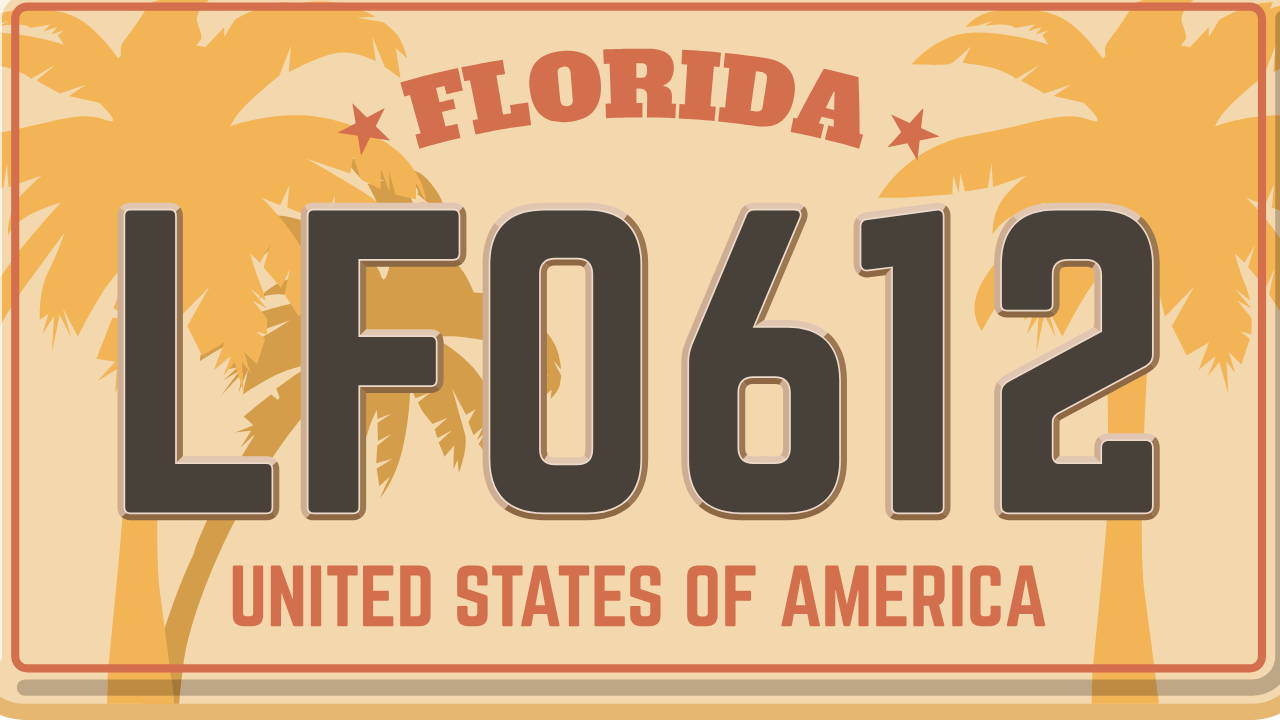Language:
Tax Deductions for Home-Based Businesses

A home-based business offers plenty of perks. You get to do something you enjoy, pick your hours, and even earn some money along the way. Yet when tax time comes, you don’t want to pay Uncle Sam more than you should. Tax deductions lower your taxable income, which lowers the tax bill. So, which tax deductions for home-based businesses can you use?
Common Tax Deductions for Home-Based Businesses
When it is time to file your return, you pay tax on the money you earn from your home-based business. However, the IRS lets you write off certain expenses against your income that are ordinary and necessary for your home-based business. Common tax deductions for home-based businesses include:
Home Office Expenses
With a home-based business, you may be able to deduct a portion of costs, such as utilities and mortgage interest, if you conduct business activities from a dedicated home office or space.
To qualify for the home office deduction, you must meet the following requirements:
- Your home must be your principal place of business
- You regularly work from the space you set aside exclusively for business use.
You may choose one of two ways to calculate your home office deduction:
- Simplified option: Multiply the square footage of your home office or dedicated workspace by a rate of $5 per square foot. With this approach, the IRS limits your tax deduction to $1,500.
- Regular method: Calculate the home office deduction by comparing the square footage of your dedicated office or work area with the total square footage of your home. If you conduct business from a 150-square-foot room and your home is 1,500 square feet, you can deduct 10% of related costs. These related costs may include the mortgage interest or rent you pay, as well as utilities and repairs.
Self-Employment Tax
Home-based sole proprietors pay a 15.3% self-employment tax on their business’s net taxable income. The IRS lets you deduct 50% of the self-employment tax owed on your personal return.
Cell and Internet Service
You can write off the percentage of your personal cell phone and internet connection you use for your business. You may be able to deduct the full amount if you have a dedicated phone or internet service for your business.
Advertising
The costs you pay to advertise and promote your business may be tax-deductible if they are ordinary and reasonable. Flyers, business cards, digital ads, and billboards are deductible advertising costs directly related to your business.
Mileage
If you use your personal vehicle for business, you may be able to claim a deduction for business miles. Multiply yearly business miles by the IRS standard mileage rate of $0.655 to calculate your deduction.
Commuting miles are non-deductible. So, if you have an office outside your home, you can’t deduct the miles you travel from home to the office.
What happens when your office is your principal place of business? The miles you travel from your home office to see clients or go to the bank may be fully deductible.
Office Supplies
Office supplies purchased for your business activities are generally deductible in the year you use them. You can write off supplies such as paper, toner, and pens used in your business.
Professional Fees
Consulting, legal, and accounting fees are tax-deductible if they are ordinary and necessary expenses directly related to your business. If you pay a lawyer to review a contract or an accountant to prepare your tax return, you could write off part or all the fees related to your business.
Continuing Education and Training
Online classes, professional publications, reference books, and other training materials may be deductible on your return. You could write off education and training expenses as long as they maintain or improve skills in your current profession. However, you cannot deduct education or training courses to qualify for a new trade or business.
Health Insurance Premiums
If you are self-employed, you may be able to deduct the premiums you pay for medical and dental insurance. To qualify, you cannot have access to health insurance through an employer or spouse. The self-employed health insurance premium deduction is limited to your business’s taxable income. You cannot take a deduction for your health insurance premiums that is more than your taxable income.
Software Subscriptions
Monthly or annual fees paid for bookkeeping software, website hosting, and cloud-based programs, like Dropbox or Adobe, may be deductible if used for your business.
Expenses that Do Not Qualify for Home-Based Business Tax Deductions
Not all expenses paid for your home-based business are tax-deductible.
- Recreational or social club dues: Dues or membership fees paid for country clubs or golf associations are not deductible on your tax return.
- Event tickets: Even if purchased for business reasons, you cannot deduct the cost of concert or sports tickets.
- Personal use: You cannot deduct expenses incurred for personal use. If your spouse joins you on a business trip, you cannot deduct the cost of their airfare or meals. Likewise, you cannot deduct miles traveled or supplies purchased for personal use.
How to Prepare for Tax Filing and Monitor Tax Deductions for Home-Based Businesses?
Preparing for taxes shouldn’t start right before your return is due. Take steps to track your business activity throughout the year. Not only will you better understand your home-based business’ finances, but you will also lessen your chances of missing valuable tax deductions that could save you money.
- Recordkeeping: Staying current with your finances can help when tax time comes. You can use bookkeeping software, a spreadsheet, or a notebook to track the money you earn and the expenses you pay. You lessen your chances of a missed deduction when you keep tabs on your finances.
- Keep supporting documents: Keep invoices, receipts, and credit card slips to support the deductions taken on your tax return. The IRS can disallow deductions that you can’t prove were business-related.
- Gather documents: Take the time to gather what you need before preparing your return. Keep year-end documents like 1099s from customers and mortgage interest statements for quick reference. If you use accounting software, print out your company’s financial activity for the year.
How to Claim Tax Write-Offs for Home-Based Businesses?
When you are self-employed, you report the activity of your home-based business to the IRS on Schedule C of your personal income tax return. On Schedule C, you report the income and deductible expenses associated with your home-based business.
In addition, you may have other tax deductions you qualify for when you are self-employed. You deduct self-employment taxes or eligible health insurance premiums on Schedule 1 of your personal tax return.
Save Money with Home-Based Business Tax Deductions
Finances can make or break your home-based business. You make better financial decisions when you know how you spend your money and how much you have in your bank account. Yet, with a packed schedule, finding the time to keep your books and records up to date may seem like an impossible task.
doola Books offers a simple way to keep track of your finances. Just link your financial accounts, and the platform pulls your business activity into the software. Simple reports make it easy to see how your money is being spent. Best of all, you won’t lose track of valuable tax deductions.
FAQs
Are there limits to how much I can deduct for certain expenses in my home-based business?
The IRS limits how much you can deduct for certain expenses. If you qualify for the self-employed health insurance deduction, you cannot write off more than your business’s taxable income. If you use the simplified method to calculate your home office deduction, you are limited to $1,500.
What records should I keep to support the tax deductions for my home-based business?
Keep receipts, invoices, and credit/debit card slips to support your tax deductions. Maintain copies of bank and credit card statements as additional supporting documentation.
How do tax deductions affect my overall taxes owed as a home-based business owner?
Tax deductions reduce your landscaping business income. The less taxable income your company has, the less you pay in taxes.
Keep reading
Start your dream business and keep it 100% compliant
Turn your dream idea into your dream business.















